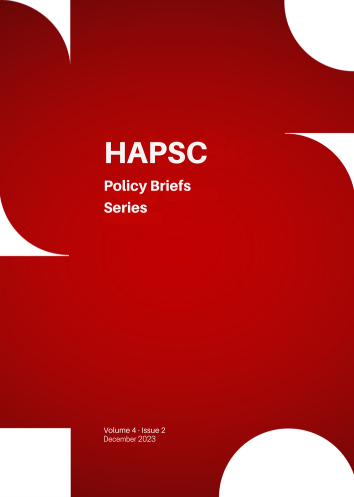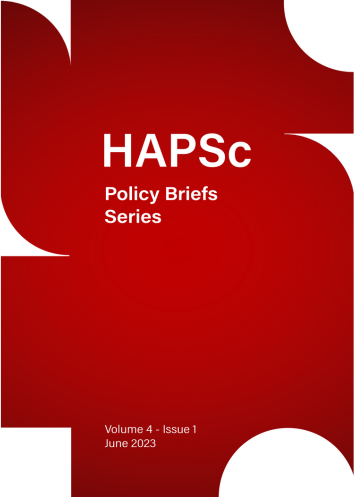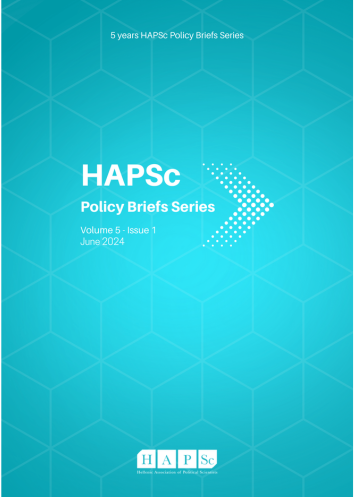Religion and COVID-19 Pandemic: Policy Directions for Potential Future Public Health Crises
Résumé
Religion has always been important in human societies. It has also been of great importance during the recent COVID-19 pandemic. There is scientific consensus that its role has been multidimensional. Many religious groups have been endorsing COVID-19 mitigation measures while others have been opposing them. Furthermore, faith-based anti-vaccine stances have been a major obstacle in vaccination campaigns worldwide. In many cases, religious groups and organizations have been providing humanitarian aid, as well as, spiritual and emotional support to individuals and communities during a time of crisis like the COVID-19 pandemic. In conclusion, religions have been functioning in this aforesaid variety of manners. Policy recommendations for potential future public health crises are being made in this paper with the intention to make sure that religions will be part of the solution, and to enhance already existing activities and initiatives towards the promotion of public health.
Article Details
- Comment citer
-
Tsertekidis, G. (2023). Religion and COVID-19 Pandemic: Policy Directions for Potential Future Public Health Crises. HAPSc Policy Briefs Series, 4(2), 171–177. https://doi.org/10.12681/hapscpbs.36696
- Rubrique
- Articles

Ce travail est disponible sous la licence Creative Commons Attribution 4.0 International .
Authors retain copyright and grant the journal right of first publication with the work simultaneously licensed under a Creative Commons Attribution License that allows others to share the work with an acknowledgement of the work's authorship and initial publication in this journal.




